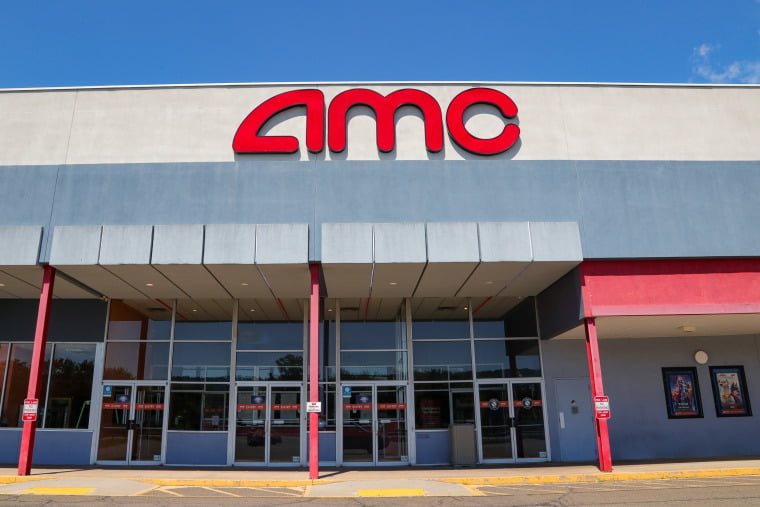The surge in some companies’ stock prices, while largely speculative, has had practical implications.

Memes are now again popular.
Stocks in companies connected to speculative trading are surging in value a day after an account tied to the phenomenon posted on the social networking platform X for the first time in years.
Leading the charge is the retailer of video games, GameStop, whose stock increased 74% on Monday to around $30, and then another 93% on Tuesday morning before the market opened.
Blackberry, Koss Corp., the manufacturer of headphones, and AMC Entertainment Holdings are among the other equities that are rising at phenomenal rates.
The majority of mainstream investors have not been particularly fond of these companies, as evidenced by their prior dismal share prices.
But participants in the meme-stock mania have demonstrated an almost cult-like ability to imagine scenarios where the firms’ fortunes can be revived, creating astounding — and almost entirely speculative — run-ups in their share prices.
Sources
GameStop became the chief beneficiary of the first round of meme stock mania in late 2020 when Ryan Cohen, the co-founder of pet supplies group Chewy, announced he had a plan to revive the fortunes of the flagging company.
Fueled by online forum discussion, especially on Reddit, Cohen attracted an army of believers in his strategy that sent the value of GameStop stock to as high as $81.25 after never breaking $14 a share.
It wasn’t quite successful: The Wall Street Journal claims that several executives Cohen hired subsequently resigned or were sacked. The shares of GameStop had dropped back to about $11 as recently as last month.
However, one of the main proponents of meme stocks, going by the online handle Roaring Kitty, published a meme on Monday indicating that he intended to resume his activity.
In addition to trying to make money, the user—whose real name is Keith Gill and who was played by Paul Dano in the movie “Dumb Money” about the beginning of the meme-stock craze—was also determined to exact revenge on other traders who were selling GameStop shares and other stocks short—that is, they were wagering that the share prices of those companies would drop.
Large hedge funds and institutional traders were among the skeptics who suffered enormous losses as a result of Gill and his group’s price-raising and “squeezing” of these short sellers.
Now, it’s happening again: CNBC reported GameStop short sellers are set to lose more than $2 billion at the stock’s current trading levels.
Add value and formulate a’statement’
To the best of everyone’s knowledge, the companies whose stocks are traded as meme stocks haven’t taken any concrete steps to turn around their business that would justify the dramatic increase in their stock prices.
That does not, however, imply that they are not making use of the circumstances.
AMC said on Tuesday morning that it has raised $250 million from the stock price surge that resulted from its share price nearly doubling on Monday (though it was still only $3 to $5 per share).
Most likely, additional businesses could make the same announcement. Paradoxically, the speculators’ shares actually lose value as a result of this conduct.
However, profit isn’t the only thing meme-stock participants aim to achieve.
In an interview with The Wall Street Journal from 2021, Gill stated, “I support these retail investors, their ability to make a statement.”
Connect with us for the Latest, Current, and Breaking News news updates and videos from thefoxdaily.com. The most recent news in the United States, around the world , in business, opinion, technology, politics, and sports, follow Thefoxdaily on X, Facebook, and Instagram .
